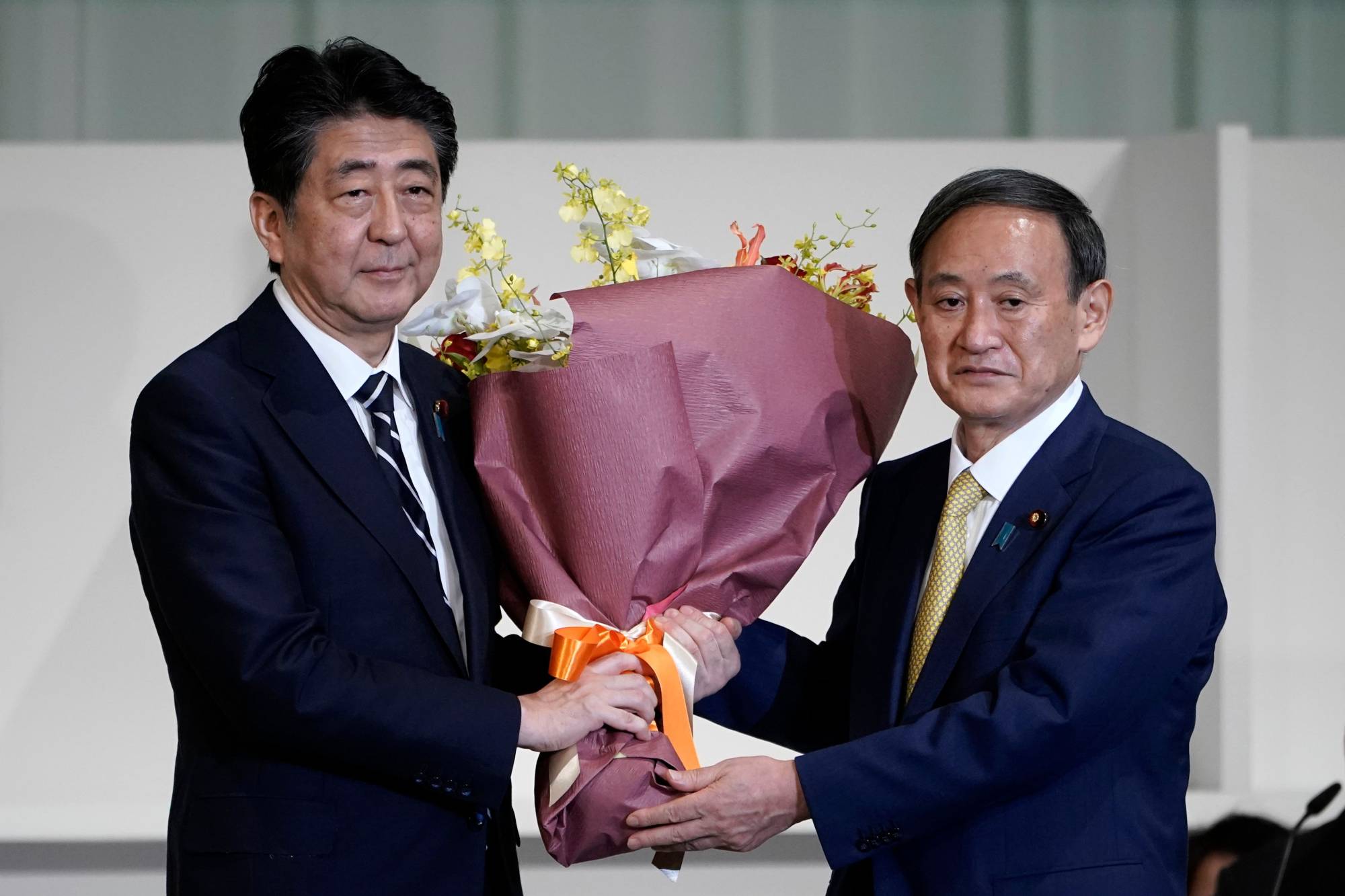Japan’s parliament on Wednesday confirmed Yoshihide Suga as the country’s new prime minister. He replaced Shinzo Abe, who announced his resignation last month for health reasons, after almost eight years in office. Japanese and international observers are now asking whether the Abe government’s economic-policy course — Abenomics — will change significantly under Suga and, if so, how.
The answer will have important geopolitical implications. Japan, after all, is still struggling to overcome the negative shock from COVID-19, and its economic health is becoming ever more pivotal in view of the deepening confrontation between the United States and China.
Many outside Japan might assume that Suga will change little, and he presented himself to the ruling Liberal Democratic Party as the “continuity” candidate to replace Abe. That was, perhaps, the best card that he could have played, having served as chief cabinet secretary, the second most powerful position in Japan, for the entirety of Abe’s eight-year tenure.


















With your current subscription plan you can comment on stories. However, before writing your first comment, please create a display name in the Profile section of your subscriber account page.